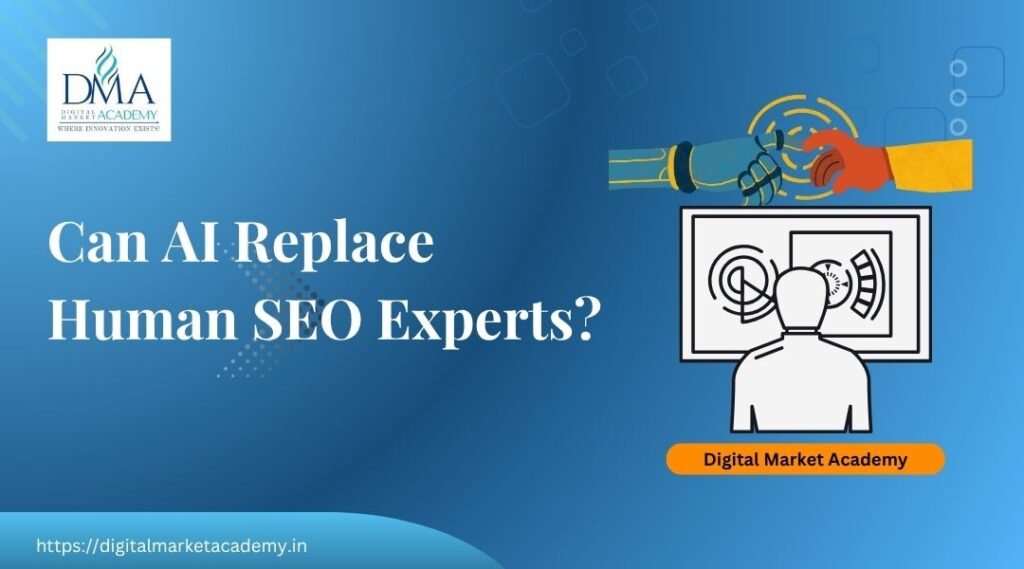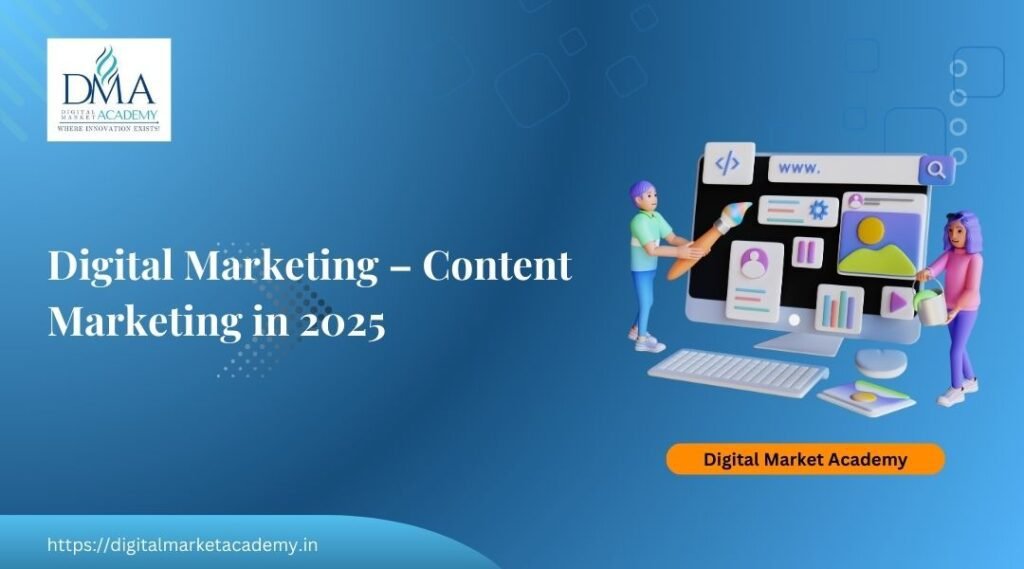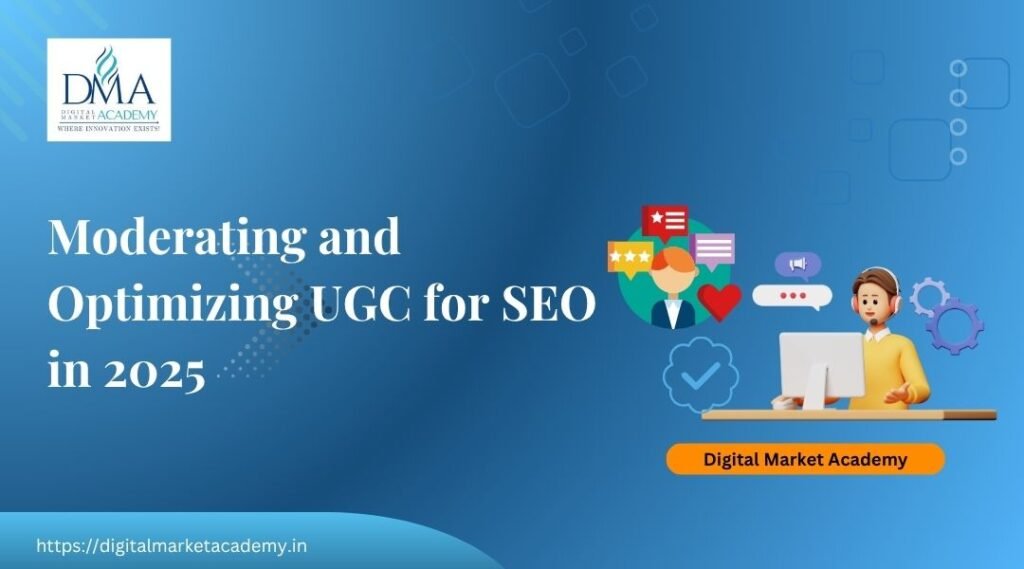AI in SEO: The Future of Human Expertise vs. Automation
Introduction
The world of SEO is evolving rapidly, and with the increasing adoption of AI-powered tools, one question on the minds of many is: “Can AI replace human SEO experts?” As search engines continue to get smarter, AI and machine learning are stepping up to assist marketers in optimizing content and rankings. However, with AI technology becoming more advanced, SEO professionals are beginning to wonder whether their roles might be taken over by these tools in the future.
While AI tools are helping streamline and automate many SEO tasks, from keyword analysis to content optimization, the question remains: Can AI truly replace human SEO experts? In this blog, we will explore both the advantages and limitations of AI in SEO, and how human expertise still plays a vital role in creating successful SEO strategies. Let’s dive into the pros and cons of AI in SEO and discover what the future holds for SEO professionals.
The Role of AI in SEO Today
AI is already playing a significant role in modern SEO strategies. From tools that automatically generate keyword recommendations to platforms that help with content optimization, AI is transforming the way SEO professionals work. Popular tools like Surfer SEO, Clearscope, and SEMrush have implemented AI-driven functionalities that assist with on-page SEO, keyword research, and competitor analysis.
These AI tools are capable of quickly analyzing large volumes of data, processing complex algorithms, and offering insights in real-time. For example, AI can automatically detect SEO issues on a website, such as broken links, missing alt tags, or slow loading speeds, and suggest improvements. It can even predict ranking outcomes based on changes made to a website’s content or structure, which can help guide SEO strategies. Additionally, AI-powered tools can conduct in-depth analysis of competitors’ content and SEO strategies, providing actionable insights that human SEO experts can use.
Pros of AI Replacing Human SEO Experts
- Increased Efficiency & Speed
One of the key advantages of using AI for SEO is the speed and efficiency with which it operates. AI can quickly analyze thousands of data points within seconds, while a human SEO expert might take hours or days to do the same task. For example, AI tools can automate repetitive tasks like keyword research, rank tracking, and backlink analysis, which would typically take up a significant portion of an SEO expert’s time. With these tasks automated, SEO professionals can focus on more strategic aspects, such as content creation and link building. - Cost Savings for Businesses
AI-powered SEO tools can reduce the need for large teams of human SEO experts, which can be costly for businesses. By automating tasks such as site audits, keyword research, and content analysis, AI can help businesses streamline their SEO efforts and reduce overhead costs. Small to medium-sized businesses, in particular, can benefit from AI tools by gaining access to high-quality SEO insights without having to hire a full-time SEO team. - Improved Data Analysis & Accuracy
AI can process large volumes of data in a fraction of the time it would take a human to do so. AI-powered SEO tools analyze search data, identify trends, and make data-driven decisions that are often more accurate than human predictions. This is particularly useful for long-term SEO campaigns, where small insights can have a significant impact over time. AI can also identify patterns in user behavior and make predictions about future SEO trends, enabling businesses to stay ahead of the competition. - 24/7 Availability
Unlike human experts, AI doesn’t need rest, lunch breaks, or vacations. AI tools can run continuously, constantly monitoring your website’s SEO health and performance. They can alert you to potential issues or opportunities at any time of the day or night, ensuring that your SEO strategy is always on track.
Cons of AI Replacing Human SEO Experts
- Lack of Creativity & Strategic Vision
While AI can analyze data and make recommendations based on algorithms, it lacks the creativity and strategic vision that a human SEO expert brings to the table. Human SEO experts are able to craft compelling content, build unique backlinking strategies, and develop comprehensive SEO strategies based on cultural nuances and market trends. These are areas where AI still falls short. For example, AI tools may help identify the top-ranking keywords, but they cannot develop creative content or understand the intricacies of user behavior in the same way a human can. - Inability to Understand Complex Search Intent
AI tools are getting better at understanding search patterns, but they still struggle to grasp the deeper nuances of search intent. While AI can identify common keywords or phrases that lead to search queries, it cannot always understand the “why” behind those queries. This is where human expertise comes into play. Human SEO experts can use their intuition and experience to interpret user intent and create content that truly satisfies the needs of the searcher. - Ethical Considerations & Decision-Making
SEO involves much more than just following algorithms and data points; it also involves understanding the ethical implications of SEO practices. Human SEO professionals are skilled at making ethical decisions, such as identifying black-hat SEO tactics and choosing strategies that align with a brand’s long-term vision. AI, however, may not always make ethical decisions, especially when it comes to gray areas like link building or content manipulation. - Dependence on Quality Data
AI tools rely heavily on data quality. If the data fed to an AI system is flawed or outdated, the results will be inaccurate. For example, if an AI tool is given incomplete or biased data about a competitor’s backlink profile, its analysis may be misleading. Humans are still needed to ensure the data being used by AI tools is accurate and up to date.
Now that you’ve seen the pros and cons of AI in SEO, take a step back and look at the broader landscape. Our pillar article, AI-Powered SEO Automation Tools: The Future of SEO in 2025, uncovers strategic insights, evolving trends, and practical tips to build a future-ready SEO roadmap.
AI vs. Human SEO Experts: What’s the Best Approach for the Future?
While AI offers numerous advantages in SEO, it is unlikely that human SEO experts will be replaced completely. In fact, the future of SEO may involve a hybrid approach combining the power of AI with human creativity and strategic thinking. Human SEO experts can use AI to automate repetitive tasks and analyze data, while focusing on the creative and strategic elements that AI still cannot replicate.
For example, AI can help SEO professionals by providing insights into keyword performance, user behavior, and ranking potential. But human SEO experts will still be essential for crafting high-quality, engaging content, building relationships with other websites for link building, and ensuring that SEO strategies align with a brand’s goals and vision. The collaboration between AI and human SEO experts will likely be the key to success in the evolving SEO landscape of 2025 and beyond.
FAQ Section
A1: No, while AI can automate many tasks, SEO experts are still crucial for creativity, strategic thinking, and understanding user intent, areas where AI struggles.
A2: AI can automate tasks such as keyword research, site audits, rank tracking, and backlink analysis. It also helps analyze large datasets and predict SEO trends.
A3: AI tools are generally accurate when analyzing data, but they depend on the quality of data input. If the data is inaccurate or outdated, the AI's recommendations may not be reliable.
A4: No, SEO jobs are unlikely to become obsolete. AI will assist with automation, but human SEO experts are needed for strategic decision-making, creativity, and ethical considerations.
A5: You can use AI tools for keyword research, content optimization, backlink analysis, and performance tracking. Combining AI with your expertise can make your SEO strategy more efficient and effective.
Conclusion:
In conclusion, while AI-powered SEO tools offer significant benefits in terms of efficiency, cost savings, and data analysis, human SEO experts are still essential for creativity, strategy, and ethical decision-making. The most effective approach to SEO in 2025 will be a collaboration between AI and human professionals, where AI handles the repetitive, data-driven tasks, and humans focus on the high-level, creative aspects of SEO. SEO professionals who embrace AI and integrate it into their workflows will be better positioned to succeed in the ever-evolving world of search engine optimization.
At Digital Market Academy, we teach the importance of balancing AI tools with human creativity in SEO strategies. Find out how AI is incorporated into our Digital Marketing Training in Bangalore.

Rajesh Menon is a leading digital marketing trainer and strategist based in Bangalore, with over 15 years of experience in SEO, advertising, and digital growth planning. As the Founder and CEO of Digital Market Academy, he is known not just for his ability to teach, but for his visionary thinking and deep strategic insight.
At the academy’s Kasturinagar center, Menon leads classroom training programs and digital marketing boot camps. He also conducts on-campus sessions at colleges for undergraduate and postgraduate students, and provides digital enablement workshops for MSMEs and startups. His approach blends practical execution with long-term strategy, making him a trusted mentor for aspiring marketers and small business owners alike.
Rajesh writes regularly on the Digital Market Academy blog, and also shares expert content on Medium and LinkedIn, where his work is followed by both learners and industry peers.
You can find links to his Medium and LinkedIn profiles in the author box below.




